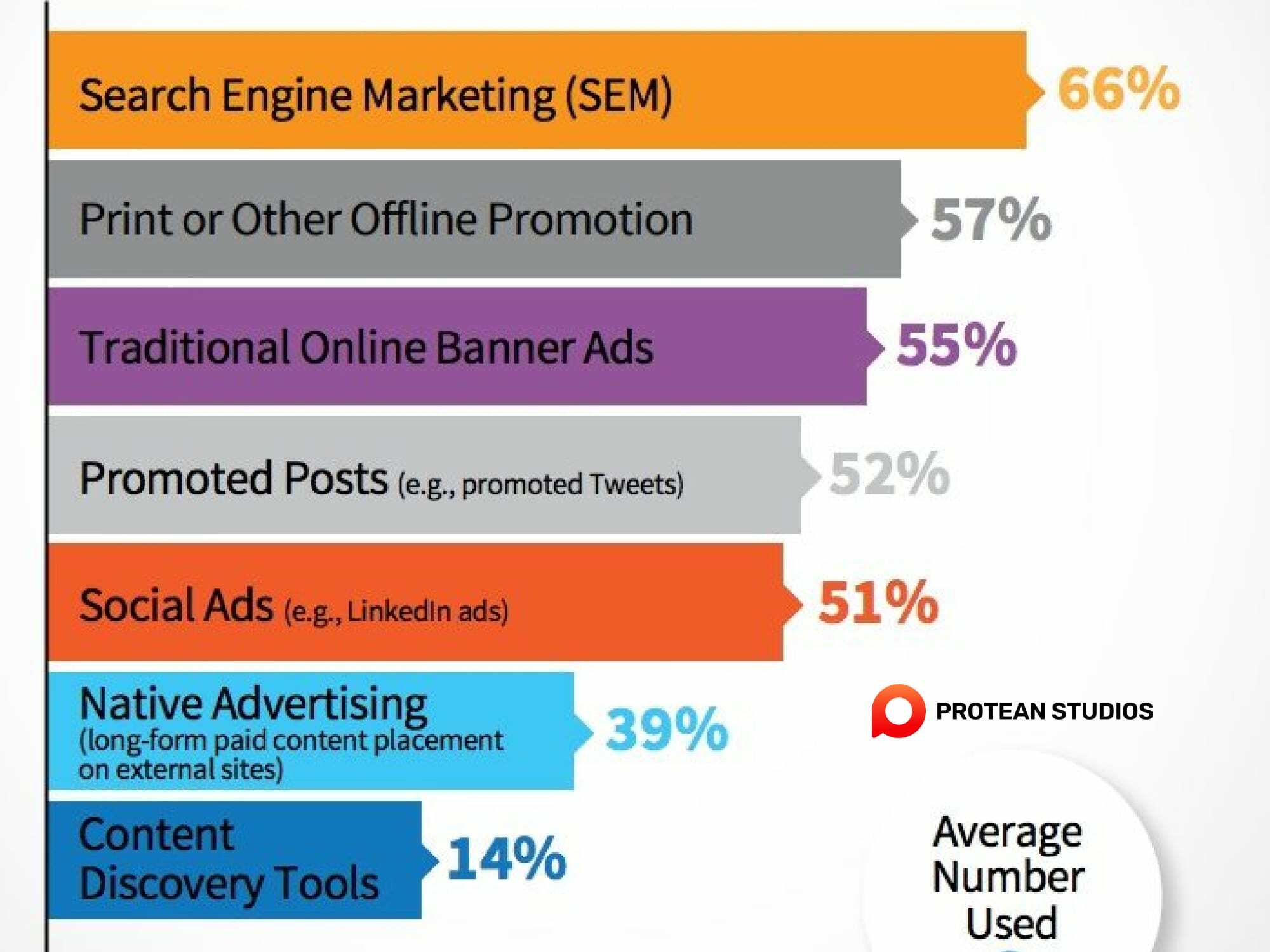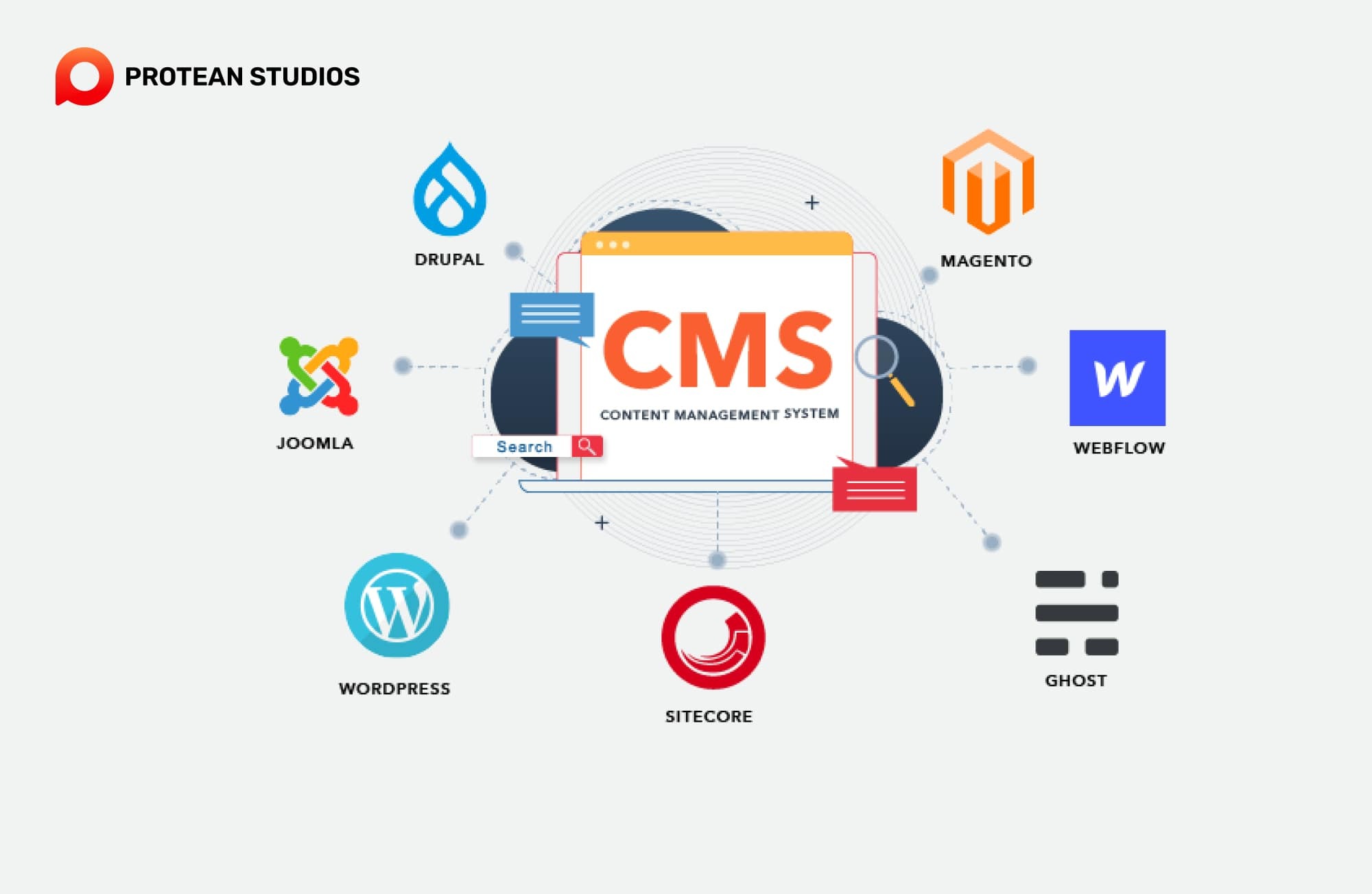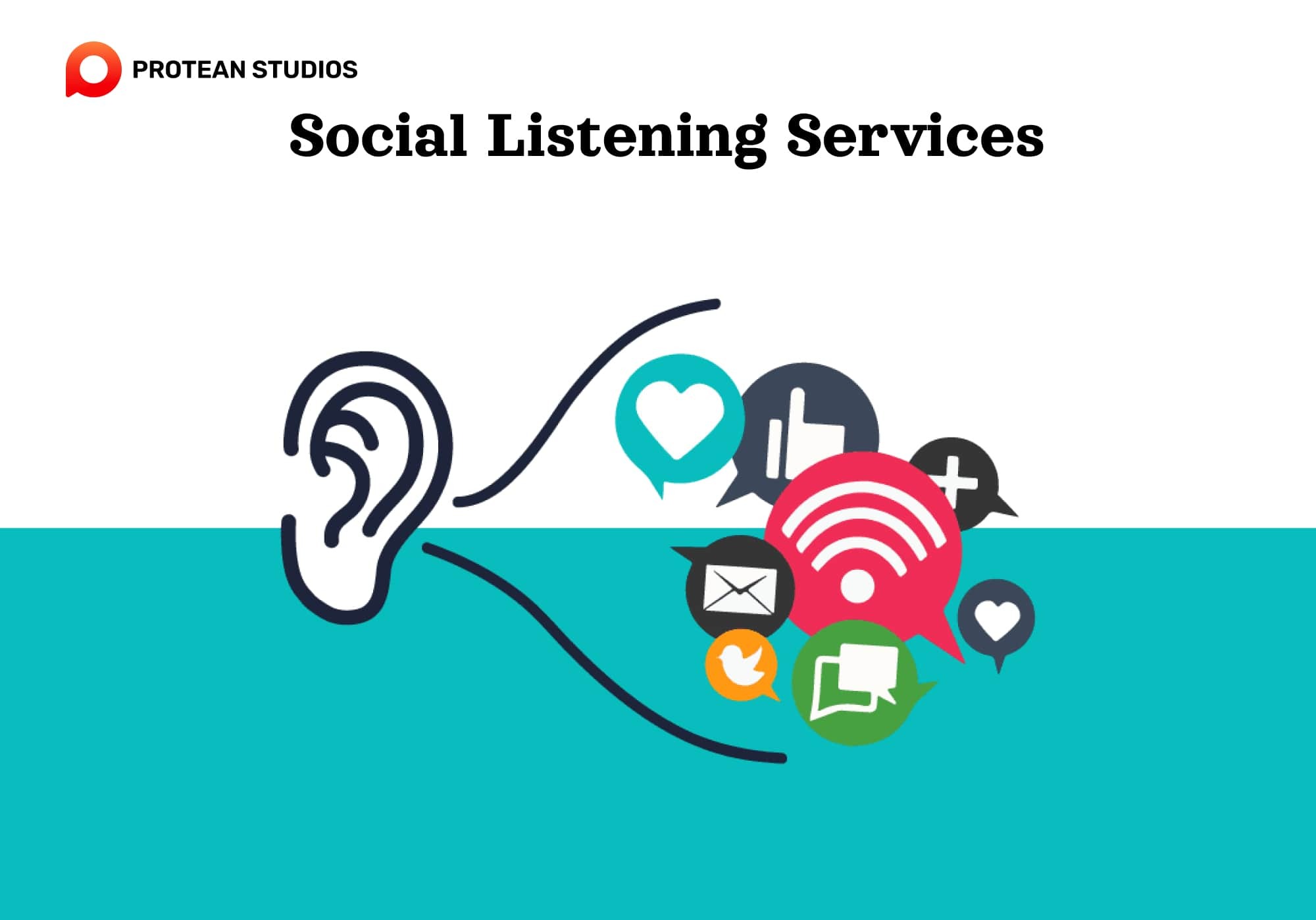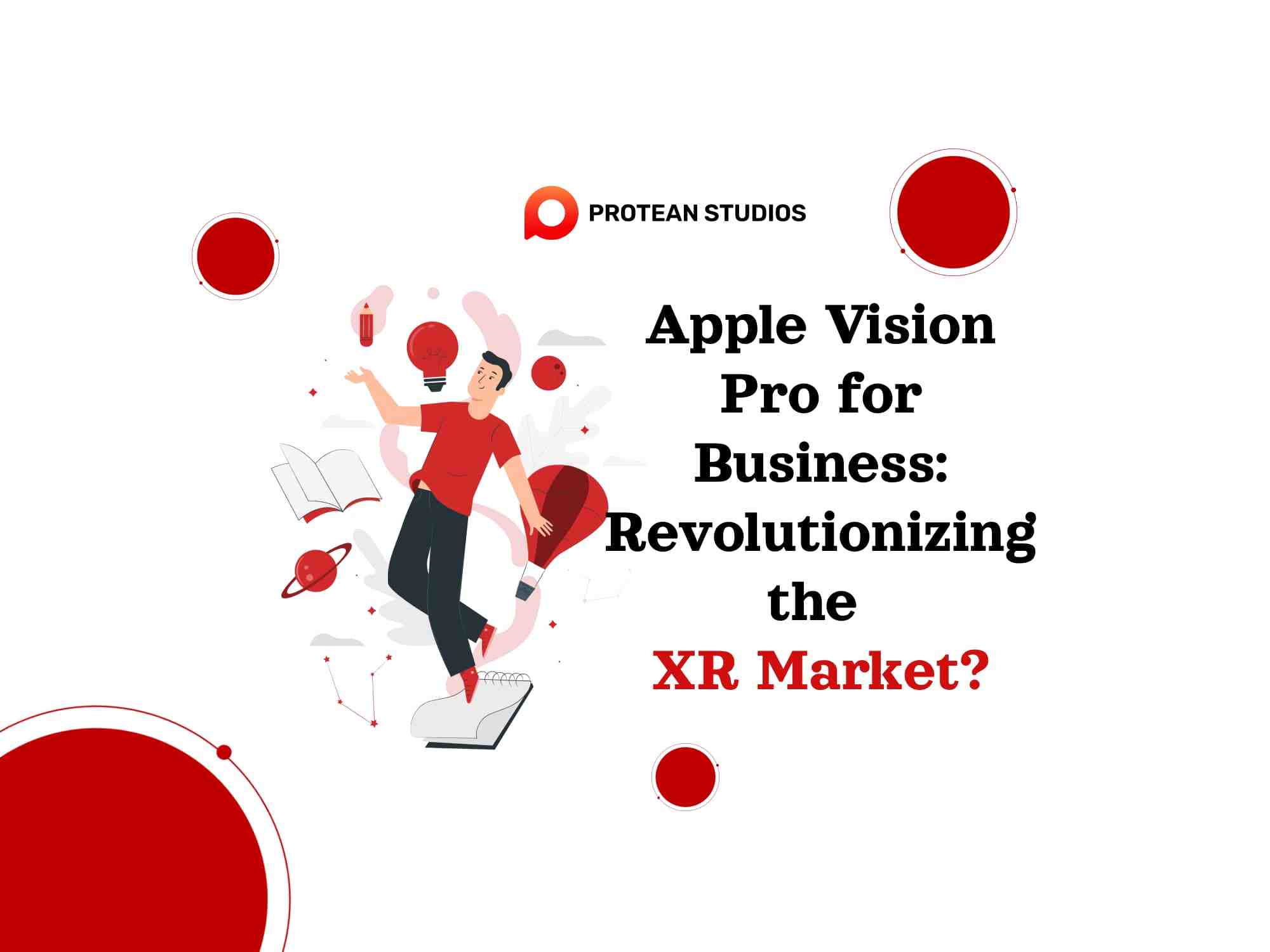In today's fast-paced digital landscape, marketers are seeking innovative tools to optimize their campaigns, boost efficiency, and drive better results. With a plethora of marketing software options available, it can be overwhelming to identify the most effective tools for your business.
This article aims to shed light on the top marketing software applications employed by leading marketers. By exploring these essential tools, you'll gain insights into how industry experts leverage technology to achieve their goals.
1. CRM
Every phone call from a sales rep and each email from a marketer moves your prospects closer to making a purchase. Yet, tracking their progress at every stage of the customer journey can be challenging.
Questions like "When was the lead last contacted?" "Do they prefer email or phone communication?" and "What’s the next follow-up step?" often arises. Unfortunately, this valuable data often gets buried in spreadsheets or lost on company laptops.
A CRM system solves this problem by enabling entire marketing and sales departments to track all interactions between customers and the business, ensuring consistent and relevant communication throughout the buyer’s journey.
2. A video conferencing solution
Today, remote teams are more common than ever, making video conferencing tools essential for virtual face-to-face meetings. These tools are invaluable for various purposes, such as vetting potential clients, interviewing freelancers, and collaborating with team members. Integrating video conferencing into your marketing stack can enhance communication and collaboration.
Usage: Collaborating and conducting virtual face-to-face meetings
Popular tools: Google Hangouts, ClickMeeting, join.me, Skype, Adobe Connect
3. Email marketing software
Despite the rise of new technologies, email remains a crucial channel for marketers, offering an impressive ROI of $38 for every $1 spent. Platforms like MailChimp and Constant Contact help teams segment leads and customers, delivering personalized messages that nurture them toward a sale.
Usage: Nurturing leads to conversion; transactional messaging
Popular tools: MailChimp, Campaigner, Campaign check, Constant Contact, GetResponse, SendGrid, and Mandrill
4. Marketing automation software
Marketing automation helps businesses provide personalized customer experiences at scale, which is essential for managing a growing customer base. Tools like Autopilot allow marketers to track visitor behavior and deliver personalized messages across various channels.
Usage: Automating marketing tasks across the customer journey while preserving a personal touch.
Popular tools: Autopilot, Marketo, Hubspot, Pardot, and Eloqua

5. Print material and solutions
Even in the digital age, print materials such as brochures, pamphlets, and direct mail remain significant, with more than 25% of touchpoints in the customer journey involving print. Tools like Print help convert digital content into formats, integrating with creative tools from Adobe.
Usage: Converting digital content into formats
Popular tools: Priint: Suite, Sitecore Print Experience Manager.
6. Analytics - Data Visualization
A robust analytics tool is essential in any marketing technology stack, as it enables the measurement of campaign performance and ROI. Understanding website visitor behavior and engagement is crucial, making analytics and data visualization tools indispensable.
Usage: Measuring the performance of marketing efforts
Popular tools: Crazy Egg, EyeQuant, Google Analytics, Kissmetrics, and HotJar
Read more: Top 10 Tools For Supercharging Data-Driven Marketing
7. Content management software
In the days of the internet, creating and editing web content required coding skills and technical expertise. Today, content management systems like WordPress and Drupal have made it possible for anyone to build websites and publish content online without any prior coding knowledge. These tools streamline the process, allowing users to manage their digital presence.
Usage: Publishing content to the web
Popular tools: WordPress, Wix, Drupal, Joomla, Squarespace

Learn more: Marketing Software: Examining Features, Advantages, And Pricing In 2024
8. Landing page
Only 22% of marketers are satisfied with their conversion rates. To improve performance, optimization tools are essential for testing, analyzing, and optimizing website and landing page content. Solutions like Optimizely and VWO help identify high-performing pages, while Instapage offers comprehensive features for creating and optimizing landing pages.
Usage: testing, analyzing, and optimizing website and landing page content
Popular tools: Instagram, Optimizely, and VWO
9. Content marketing platform
Effective content marketing requires careful planning and execution, from building a creative team to developing a content calendar and optimizing content. Businesses like Google and JPMorgan use content marketing software to plan, hire talent, and publish high-quality content.
Usage: Developing a content marketing plan, hiring talent, creating, and distributing content
Popular tools: content, clear voice
10. Visual editing
As visual content becomes more crucial in marketing, tools for creating infographics and images are essential. Visual editing tools like Canva and Adobe Creative Cloud allow marketers to design appealing content, with some tools offering extra features for digital publishing.
Usage: Creating compelling marketing collateral
Popular tools: Canva, Adobe Creative Cloud, PicMonkey, Easel.ly
11. SEO solutions
With the majority of businesses investing between $1000 and $5000 in search engine optimization, SEO tools are crucial for improving visibility in search results. Tools like Moz and Ahrefs help businesses optimize their content, check competitor strategies, and identify link-building opportunities.
Usage: Improving business visibility in search engines
Popular tools: Moz, DeepCrawl, Ahrefs, and SEMrush
12. Social listening service
Social listening tools allow businesses to check and analyze online conversations about their brand. These tools provide valuable insights into public perception and help identify key influencers and trends, enhancing a brand's engagement strategy.
Usage: Identifying branded conversations
Popular tools: Brandwatch, Sprout Social, Mention, BuzzSum

Other article: LinkedIn Now Lets Brands Boost Any Organic Post!
13. Event marketing solution
Integrated event marketing tools streamline the process of promoting, engaging with, and analyzing events. These solutions help marketers manage invitations, create custom apps, and use analytics to assess event success, providing a comprehensive approach to event marketing.
Usage: Offering a seamless marketing experience for events, covering pre-event promotion, engagement during the event, and post-event follow-up.
Popular tools: Event Farm, etouches, Cvent, and Attendify.
14. Business intelligence software
Business intelligence tools total data from various sources, providing decision-makers with a comprehensive view of the company's performance. This integration is crucial for making informed business decisions and optimizing processes across departments.
Usage: Large-scale data collection and analysis.
Popular tools: Domo, Tableau Desktop, and Microsoft Power BI.
The marketing software landscape is evolving, with new and improved tools emerging regularly. By leveraging a combination of these top-tier applications, marketers can streamline their workflows, gain valuable insights, and drive business growth.
As technology advances, it is crucial for marketers to stay updated on the latest trends and adopt software solutions that align with their specific goals and target audience. By harnessing the power of these marketing software apps, businesses can achieve a competitive edge and thrive in the dynamic digital marketplace.




